Dielectric grease is a widely used product in garages all over the world, as it provides additional protection to electronic connections of vehicles such as light bulbs, spark plug buds and battery terminals. It is not mandatory to use dielectric grease but its utilization can increase the lifetime of car parts and provide extended protection for your vehicle. Unlike other lubricants available in marketplaces, dielectric grease has specific uses that cannot be interchanged with wheel bearings.
Many people may wonder if there are any substitutes for dielectric grease; fortunately, there are several alternatives that offer similar benefits. Petroleum jelly is often used as an economical substitute due to its low cost and ability to prevent corrosion from moisture or dust particles. Other popular options include silicone-based lubricants, graphite-based lubes and general purpose greases made from synthetic oils like PAO or esters. Although these substitutions have their own unique pros and cons, they generally serve the same purpose as dielectric grease – providing extra protective layers against oxidation agents so electronics remain functional for longer periods of time.
Other article: town and country dashboard symbols
What Are The Substitutes Of Dielectric Grease?
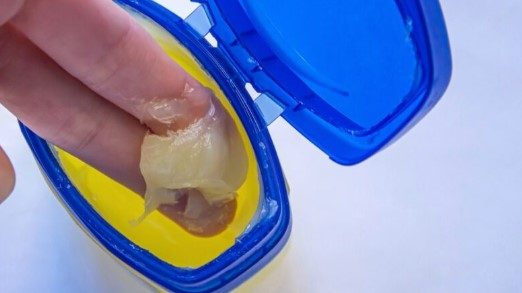
Dielectric grease is an excellent choice for many applications, offering a long-lasting and reliable result. It can provide optimal electrical connections advantages and help improve performance. Dielectric grease has various substrates which are great for its use: spark plugs, electric connectors, battery terminals, O-rings – these are just a few of the surfaces that dielectric grease works perfectly with.
Silicone Based Grease
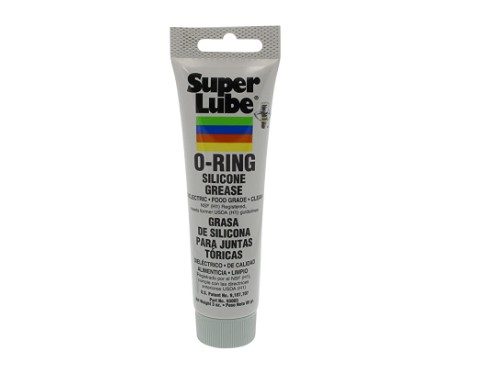
Silicone-based grease is one of the best substitutes for dielectric grease, offering a reliable and effective way to lubricate different vehicle parts. As an electrical insulator with high thermal conductivity and relatively low instability, it provides excellent fluidity which can be used at both high and wide temperatures.
When choosing silicone-based grease as a substitute for dielectric grease, it's important to check that the right type of silicone has been bought in order to get maximum effectiveness. This versatile alternative also offers water resistance when applied as well as working as an excellent sealant if required. With all these benefits taken into consideration, silicone-based grease may be the ideal choice for those looking for a cost-effective solution to their needs.
White Lithium Grease
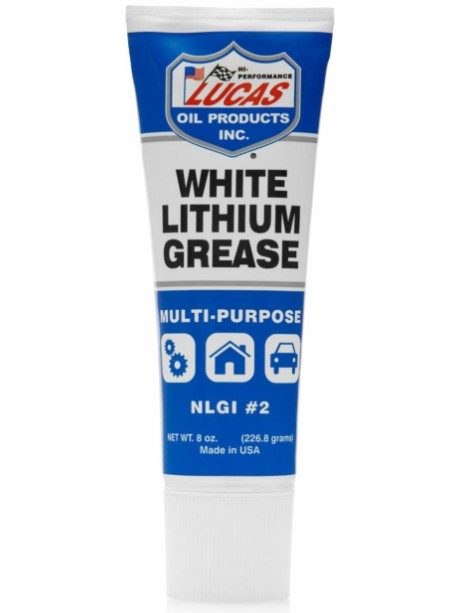
White lithium grease is often considered a viable alternative to dielectric grease, and its effectiveness has been validated by many garage mechanics around the world. It is the perfect solution for metal applications in heavy-duty areas as it effectively acts like a gel on any surface, creating strong insulation. In addition to this, white lithium grease also offers excellent protection even at high temperatures - making it water, rust and dust repellent. This performance can be attributed to its fatty acid-based lithium soap composition. All of these qualities make white lithium grease an ideal substitute for dielectric grease in various scenarios.
Conductive Grease
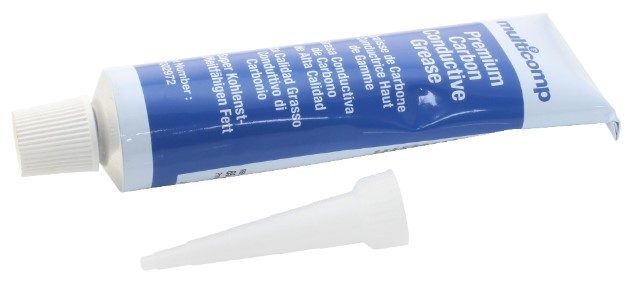
Conductive grease is a great alternative to dielectric grease for the protection of car connectors. It can help keep dust, water and other debris from damaging your car and its components. This type of grease creates a thin layer that spreads well over surfaces when pressure is applied, filling any voids or pores in the oxide layer. Unlike specialized greases which use aluminium or copper blocks on different types of surfaces, conductive grease removes most of the suspended powder particles so that voltage drop will not be an issue.
Using this type of grease can provide long-term solutions to protect your car and ensure it has longevity. When applied correctly, it gives excellent results by creating a strong bond between two connected parts while still maintaining insulation properties. Conductive grease also helps remove corrosion buildup; thus reducing the risk of shorting out electrical connections due to oxidation or moisture build up in contacts and connectors over time.
Synthetic Grease
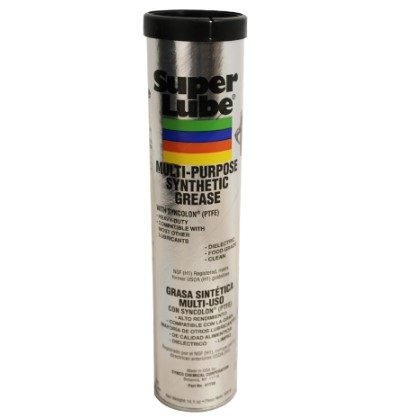
Synthetic grease is quickly gaining recognition as a superior lubricant for automotive, industrial and other applications. As a petroleum-free alternative to traditional greases, synthetic grease has many advantages that make it an ideal choice for those seeking high performance lubricants.
It stands up well against extreme temperatures ranging from -45 to 450 degrees Fahrenheit and provides excellent protection against wear, friction, corrosion and rust. Additionally, its non-toxic properties make it safe for use with rubber, plastic or any other type of material that may be at risk of dissolving when exposed to conventional petroleum-based greases. Even better yet, the United States Department of Agriculture (USDA) has approved some synthetic grease brands as food grade lubricants with an H1 rating for incidental contact. Synthetic greases are also known not to stick or roll off surfaces while resisting evaporation under excess heat.
Vaseline
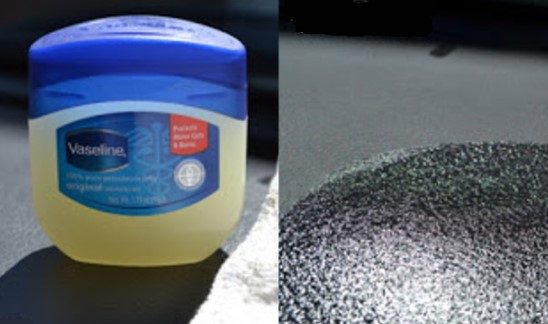
Vaseline is often overlooked as a suitable substitute for dielectric grease. Despite the similarities between the two, there are some differences that should be considered. Nevertheless, if an alternative to dielectric grease is unavailable, vaseline can be used in its place as a temporary solution.
In addition to its typical use for personal care, Vaseline works well as a lubricant and insulator of electrical components from dust, dirt and other foreign substances. While it has benefits compared to dielectric grease such as being non-corrosive and relatively inexpensive, it also lacks certain qualities such as heat resistance and conductivity; thus making it unsuitable for certain industrial materials like plastics or wood coatings with stabilizers or keyboard switches.
See also: warning chassis control system fault
What Are The Benefits Of Dielectric Grease?
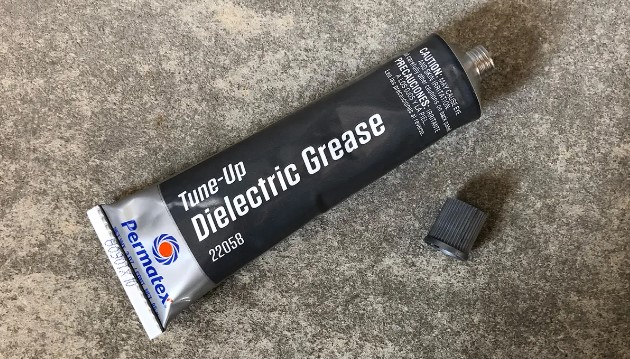
Dielectric grease is an essential tool for any electronic device, as it helps to keep them running smoothly and efficiently. It can help prevent corrosion and increase the performance of parts in a great way if used correctly. Furthermore, dielectric grease offers many benefits such as:
- Ensuring electrical components are protected from extreme temperatures and other catastrophic events like fires;
- Providing superior protection compared to other metals on plastic surfaces;
- Capable of being applied to high voltage areas without compromising its efficacy;
- Offering increased life span for electronic devices due to reduced wear over time caused by friction or corrosion when exposed to moisture or salt spray.
Overall, dielectric grease should be a part of every vehicle owner's maintenance routine if they want their electronics systems running at optimal levels with long term reliability in mind! Its ability to resist harsh elements while still providing excellent lubrication makes it an invaluable asset when dealing with delicate internal parts that require consistent care and upkeep throughout their lifetime.
Read also: yukon dashboard symbols
What Are The Differences Between Dielectric Grease And Its Substitutes?
No matter how hard one tries to replicate the original product, it is impossible to achieve the same result. The same applies when considering dielectric grease and its substitutes. Although these alternatives may be effective, they will not provide the same level of performance as genuine dielectric grease due to differences in formulation and composition that make them less capable than their predecessor.
Dielectric Grease Vs Silicone Grease
Silicone-based grease is becoming increasingly popular as a waterproofing option compared to dielectric grease. It offers superior electrical insulation for a variety of electrical connectors, making it an ideal choice for those in need of reliable waterproofing. Additionally, its resistance to salt dripping and moisture makes it even more desirable than traditional dielectric greases. As such, silicone-based greases are often the top choice when looking for a way to protect your electronics from water damage.
Dielectric Grease Vs Conductive Grease
Sheldon specializes in the use of dielectric and conductive grease for electrical applications. She is aware that both act as isolators, however, the primary distinction between them is that conductive grease includes small metal powders. Dielectric grease performs best in areas not requiring conduction, especially those displaying signs of wear or corrosion. Sheldon recommends using these greases appropriately to ensure maximum performance levels are achieved.
Dielectric Grease Vs Vaseline
Dielectric grease is a commonly used material to protect electrical components and circuits from dust, water and rust. It is more effective in preserving these items than vaseline, which can be used as an alternative solution. As dielectric grease has superior preservative power, it is the preferred choice for most applications when sealing electrical components or circuits.
Final Thoughts
This article is for anyone who is looking for the best alternative to dielectric grease. Here, readers will find a comprehensive discussion of possible substitutes and be given an idea of which one may be most suitable. Ultimately, users should try to use direct dielectric grease if they can access it; however, in the event that this isn't feasible then a substitute should be sought.
Was this page helpful?

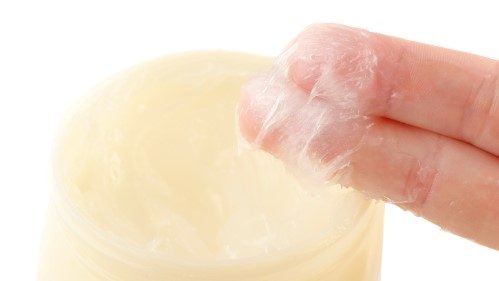
More important content about Tips and Advice
Porsche Cayenne Years To Avoid
Subaru Legacy Years To Avoid - 5 Worst Years
Pt Cruiser Years To Avoid
Use 5w30 instead of 0w20 - Advantages and Disadvantages
Tractor Dashboard Symbols And Meanings
Tips and Advice
Subaru Legacy Years To Avoid - 5 Worst Years
Pt Cruiser Years To Avoid
Use 5w30 instead of 0w20 - Advantages and Disadvantages
Tractor Dashboard Symbols And Meanings
Suzuki Sx4 Years To Avoid - 5 Worst Years
Cummins ISX Years To Avoid and Why